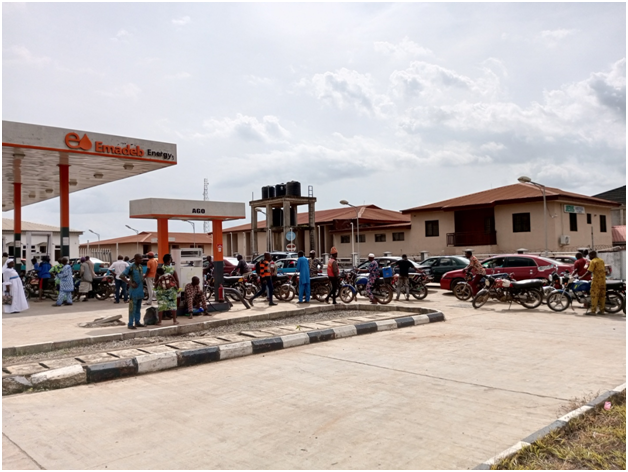Cost of goods: Expert blames unstable forex
By Francis Akinnodi
|
An economic analysist, Dr. Timothy Awe has said that unless forex is stable, any move to control high cost of goods and services that would boost industrial growth would be a mirage.
He, also noted that, failure to unionise all facets of workers in oil and gas sector is one of the problems triggering casualisation in the industry.
While appealing to the Central Bank of Nigeria (CBN) to firstly address the unstable foreign exchange in order to bring down costs of goods and services that are rising up on daily basis, Awe, therefore, described foreign exchange and security as the determining factors that can boost industrial growth, attract more investors to the Nigerian economy.
The Economics lecturer at the Ekiti State University, while speaking with The Hope, reiterated privately-owned refineries like the one built by Dangote, should be made to compliment government’s refineries which would go a long way in creating more jobs and save the country from importation of petroleum products.
According to him, making the country’s four refineries functional would boost divestment.
On energy transition policy, he said: As the world move towards energy transition, Awe charged the Federal Government to come up with an energy transition policy such that Nigerians would know the direction of government.
“Energy transition refers to the global energy sector’s shift from fossil-based systems of energy production and consumption- including oil, natural gas, and coal to renewable energy sources like wind and solar, as well as lithium-ion batteries.
“If Nigeria’s government is serious, they should come up with an energy transition policy in such a way that everybody would know his or her direction before 2050 proposed by the Minister of State for Environment, Sharon Ikeazor to the energy transition.”
He explained that the challenges Nigeria is likely to face as a result of the energy transition include; who would buy the crude oil and issue of finance, saying that if supply is more than demand, the price of crude oil would fall.
“We need to embark on massive industrialization, where most of this fossil fuel will be used locally without exportation. What we should be looking at as a nation is to channel our energy to gas production.
“If our four refineries are functioning, we would be refining four hundred and fifty thousand barrels of crude oil per day.
“If we refine these 50 percent locally, as a country, we would consume a good amount of the product and if you look at the entire African suburb, we could export this product to them. Beyond this, what we should be thinking is industrialization.”










